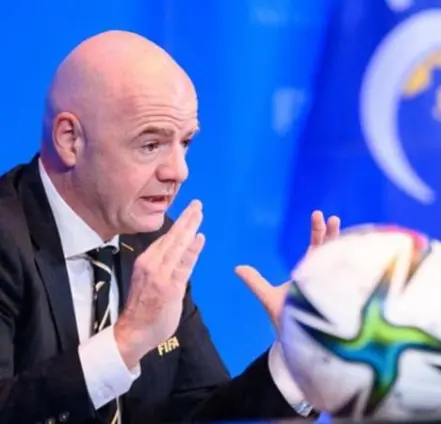Volodymyr Zelensky has publicly accused Russia of deliberately stalling truce talks to prolong the ongoing war in Ukraine, a statement that adds another layer of complexity to an already fraught situation. This accusation surfaces amidst efforts from various international actors to de-escalate the conflict, including recent claims from Donald Trump regarding progress towards a ceasefire. Zelensky’s assertion, made via social media, underscores the deep-seated mistrust and conflicting agendas that continue to impede diplomatic progress. The key focus now is on understanding the dynamics influencing these negotiations and the potential paths forward as the world watches if a resolution can be achieved, with the primary keyword Zelensky uses being “stalling”. This analysis will delve into Zelensky’s claims, the reactions from Russia, and the broader implications for the conflict.
Zelensky stated Russia is “trying to buy time” to continue the war, highlighting a perceived lack of genuine interest in a swift resolution. “If Russia continues to put forward unrealistic conditions and undermine progress, there must be tough consequences,” Zelensky posted. This strong statement reflects Ukraine’s growing frustration with what they see as Russia’s delaying tactics. Initially, the Kremlin downplayed the urgency of these negotiations. Russian state news agencies quoted spokesperson Dmitry Peskov, who indicated “there are no deadlines and there cannot be any,” suggesting a lack of immediate pressure to reach an agreement. However, this stance was later seemingly contradicted by Maria Zakharova, the Russian Foreign Ministry spokeswoman, who stated it was up to Kyiv to respond to a proposed peace memorandum, adding a layer of confusion to Russia’s official position.
Following calls with both Zelensky and Vladimir Putin, Donald Trump announced that truce talks would begin “immediately”. Trump’s unexpected intervention has injected a new dynamic into the peace process. Putin expressed a readiness to work on a “memorandum on a possible future peace agreement” but stopped short of committing to a definitive 30-day ceasefire, a condition that many analysts believe is crucial for building trust. Trump also indicated he would not support new sanctions on Russia, arguing that they might impede progress. This stance contrasts sharply with the views of many European leaders, who see sanctions as a necessary tool for pressuring Russia to negotiate in good faith.
The European Union and the United Kingdom have both imposed new sanctions on Russia, targeting oil tankers and financial institutions. The EU is blacklisting nearly 200 more oil tankers in Russia’s “shadow fleet,” and has warned of a “tougher response” if a truce is not agreed upon. The UK is sanctioning 18 more tankers as part of a larger package targeting Russian military suppliers and energy exports. Zelensky has been actively engaging with Western allies, including the Finnish president, to bolster support for Ukraine and increase pressure on Moscow. “Ukraine is working with partners to ensure pressure on Moscow forces the Russians to change their behaviour,” Zelensky stated, emphasizing the importance of international solidarity in achieving a peaceful resolution.
Despite diplomatic efforts, heavy fighting persists along the front line. Ukraine reported 177 clashes and claimed over 1,000 Russian casualties in a single 24-hour period. This grim reality underscores the challenges of achieving a ceasefire when both sides remain engaged in intense combat. German Defence Minister Boris Pistorius stated, “Putin is clearly playing for time. Unfortunately, we have to say he is not really interested in peace.” Past attempts at temporary ceasefires, including those proposed by the Kremlin, have been largely unsuccessful due to deep mistrust and continued violations, further complicating the prospects for a lasting peace.
The stalled truce talks have significant implications for Ukraine’s sovereignty and stability. The continued conflict is not only causing immense human suffering but also undermining the country’s economic and social fabric. Potential outcomes range from a prolonged, grinding war of attrition to renewed diplomatic efforts driven by a shift in international dynamics. Some political analysts suggest that a change in leadership in either Ukraine or Russia could potentially break the deadlock, while others warn that the conflict could escalate further if external actors become more directly involved. Military strategists emphasize the importance of continued military support for Ukraine to strengthen its negotiating position.
The accusation by Zelensky that Russia is stalling truce talks presents a concerning outlook on the ongoing conflict. International pressure is mounting, with sanctions and continued fighting on the ground. The effectiveness of external involvement and the willingness of both sides to genuinely negotiate will be critical in determining the future of Ukraine. Further developments are eagerly anticipated as the world watches to see if a genuine resolution can be achieved, or if the conflict will continue to escalate. The path to peace remains uncertain, but the need for a swift and just resolution is more pressing than ever.
Image Source: MYJOYONLINE





















